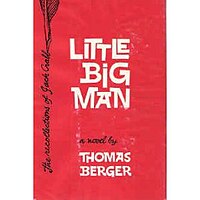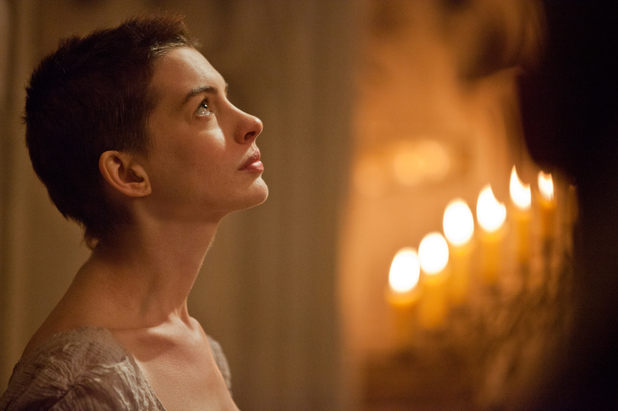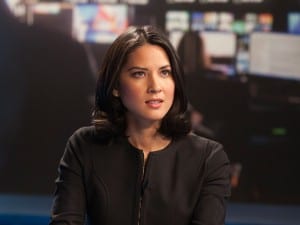Killer Joe centers on the twisted murder-for-insurance money scheme cooked up by the Smith family, whose four IQs added together would struggle to crack 300. Chris (Emile Hirsch, in a role unlike anything I've ever seen him in) is a low-level drug dealer who finds himself in debt to his bosses after his good-for-nothing mother steals some of his cocaine before he can sell it. Informed of his mother's $50,000 life-insurance policy, with his younger sister Dottie (Juno Temple) as sole beneficiary, Chris hatches a plan to kill his mother.
Chris is frighteningly stupid, but even he knows he can't get away with murder, so he lures in his father Ansel (Thomas Haden Church) and the two of them hire Killer Joe (Matthew McConaughey), a police detective who moonlights as a hitman. (Joe's day-job, he explains to Dottie, is often a "convenience", especially when he is assigned to investigate his own crimes.)
This set-up is fairly boilerplate for noir, though McConaughey's eerie energy elevates the film's initial scenes. What kicks the film into high gear, however, is when McConaughey, who initially refuses to do the job on the promise of being paid when the insurance comes through, changes his mind as long as he is paid a retainer. That retainer isn't cash, but the entirely innocent Dottie, whom Joe has taken a liking too.
Every scene between McConaughey and Temple crackles with anticipation. McConaughey's single-minded coolness gives way to an inner demon more perverse than seemingly possible, while Temple's Dottie is naive and dim-witted but also curious about sex and willing to learn from the one of the worst teachers imaginable.
It wouldn't be a noir if the whole thing didn't come crashing down in a frenzy of violence and death, and Killer Joe is most certainly noir. The downward action contains a number of twists which are perhaps predictable but Friedkin and screenwriter Tracy Letts layer the plot with nearly unbearable perversion and creepiness, as a scorned Killer Joe confronts the Smiths in an epically disturbing conclusion, with one more twist that I certainly didn't see coming.



















